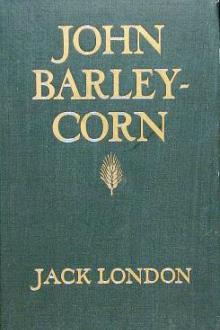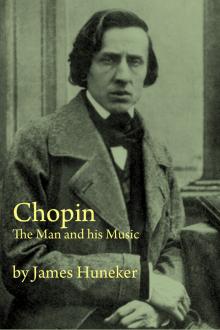Genre Biography & Autobiography. Page - 5
No registration or authorisation! And it is all for free!

dging assistance from the Austen family, to pay off her husband's debts, and to give to all her younger children a decent education at a school at Sevenoaks; the eldest boy (the future squire) being taken off her hands by his grandfather.[6] Elizabeth left behind her not only elaborately kept accounts but also a minute description of her actions through many years and of the motives which governed them. It may be interesting to quote one sentence relating to her move from Horsmonden to

In the first chapter, § 7, she positively asserts that she was rather less than twelve years old at the death of her mother, whereas we know that she was at least thirteen years and eight months old. As to the profession we have overwhelming evidence that it took place on the 3rd of November, 1536, and her entrance in the convent a year and a day earlier. To begin with, we have the positive statement of her most intimate friends, Julian d'Avila, Father Ribera, S.J., and Father Jerome Gratian.

easier tolearn to smoke than to learn to drink. They learned becausealcohol was so accessible. The women know the game. They pay forit--the wives and sisters and mothers. And when they come tovote, they will vote for prohibition. And the best of it is thatthere will be no hardship worked on the coming generation. Nothaving access to alcohol, not being predisposed toward alcohol, itwill never miss alcohol. It will mean life more abundant for themanhood of the young boys born and growing up--ay,

beginning anti-monastic. It is not rare for history to have similar contradictions to record. The meek Galilean who preached the religion of a personal revelation, without ceremonial or dogmatic law, triumphed only on condition of being conquered, and of permitting his words of spirit and life to be confiscated by a church essentially dogmatic and sacerdotal.In the same way the Franciscan movement was originally, if not the protest of the Christian consciousness against monachism, at least the

f shirking the hard work of the world, and at the same time delight in the many-sided beauty of life. With soul of flame and temper of steel we must act as our coolest judgment bids us. We must exercise the largest charity towards the wrong-doer that is compatible with relentless war against the wrong-doing. We must be just to others, generous to others, and yet we must realize that it is a shameful and a wicked thing not to withstand oppression with high heart and ready hand. With gentleness

an respect to degrade hisChristian dignity. In whatever company he might be, he alwayssaluted the Blessed Sacrament when passing a Church; and he nevermet a priest without paying him a mark of respect. A word from hislips sufficed to silence whosoever dared blaspheme in his presence.In reward for his virtues, God showered even temporal blessings onHis faithful servant. In 1871 he was able to give up his businessas a jeweller, and retire to a house in the Rue St. Blaise. Themaking of point-lace,

her and Sons--Great Adventure to deliver aLover.FLEEING GIRL OF FIFTEEN IN MALE ATTIRE. Ann Maria Weems aliasJoe Wright--Great Triumph--Arrival on ThanksgivingDay--Interesting letters from J. Bigelow. FIVE YEARS AND ONE MONTH SECRETED. John Henry, Hezekiah andJames Hill. FROM VIRGINIA, MARYLAND AND DELAWARE. Archer Barlow, alias EmetRobins--Samuel Bush alias William Oblebee--John Spencer andhis son William and James Albert--Robert Fisher--NATHANHARRIS--Hansel Waples--Rosanna Tonnell, alias

undated with rains, in their progress across a rainless desert, seeking the sea.If the surplus of water upon the Abyssinian mountains had been constant and uniform, the stream, in its passage across the desert, would have communicated very little fertility to the barren sands which it traversed. The immediate banks of the river would have, perhaps, been fringed with verdure, but the influence of the irrigation would have extended no farther than the water itself could have reached, by

tells me he has the piece and that it is weak, having historic interest only. I cannot find much about the Polish poet, Julius Slowacki, who died the same year, 1849, as Edgar Allan Poe. Tarnowski declares him to have been Chopin's warmest friend and in his poetry a starting point of inspiration for the composer.In July 1829, accompanied by two friends, Chopin started for Vienna. Travelling in a delightful, old-fashioned manner, the party saw much of the country--Galicia, Upper Silesia and

m Savannah? Sherman repeatedly said, in his despatches before he started, that he believed Hood would follow him, being compelled to do so by public clamor. What was Sherman's plan when he started for Savannah? Was it simply to effect a change of base, or was it for well-defined ulterior purposes? When did Sherman mature his plan to march to Virginia, and when did that plan first dawn upon Sherman's mind? In this connection, what significance is to be attached to the dates of events in